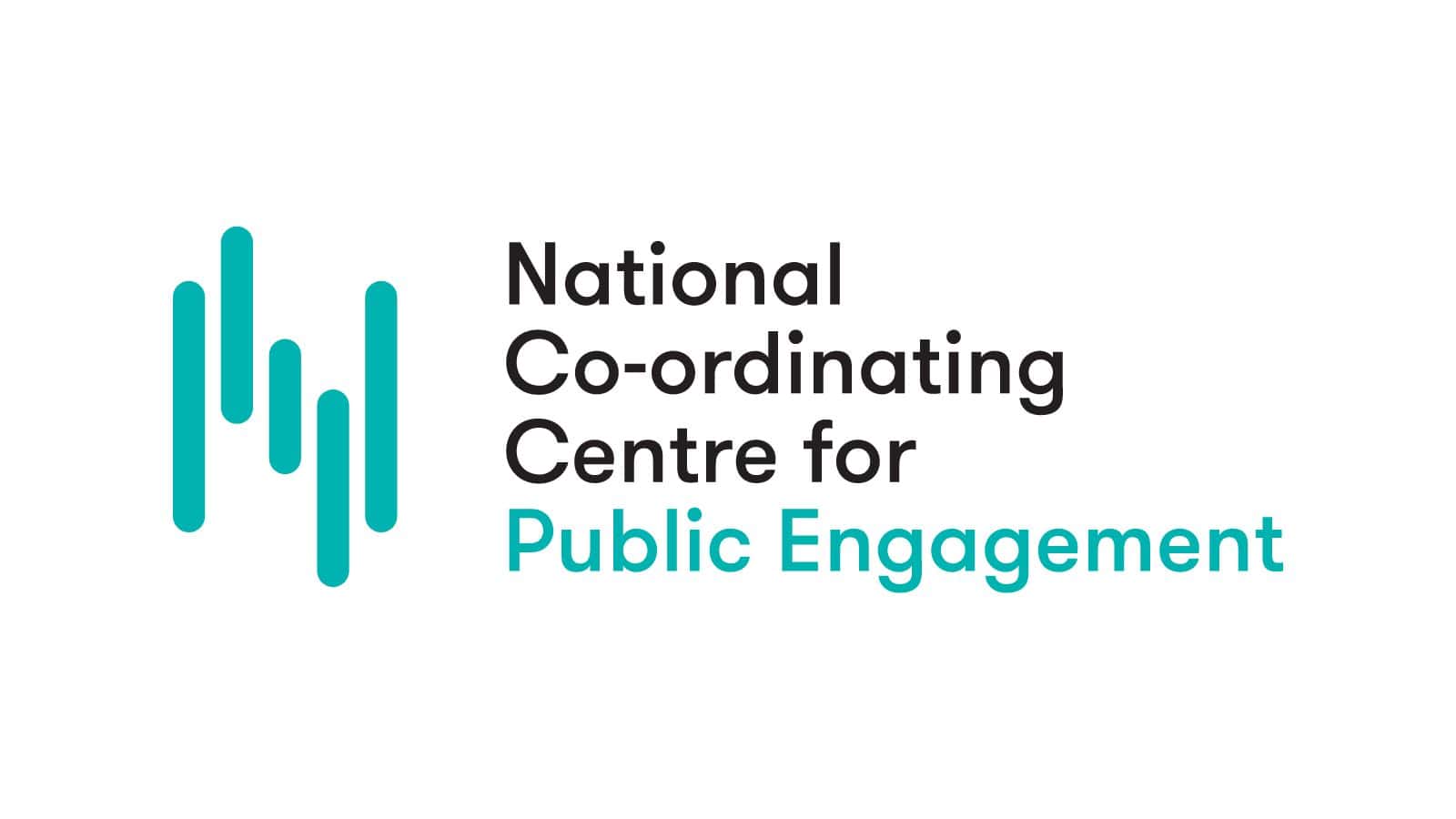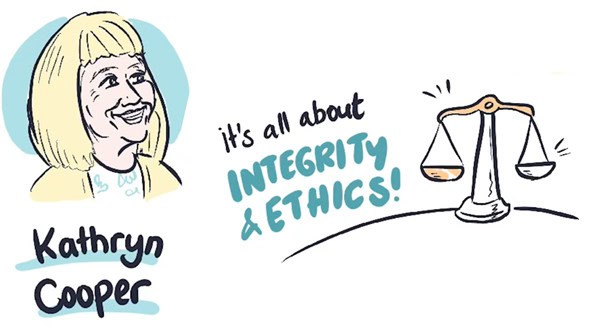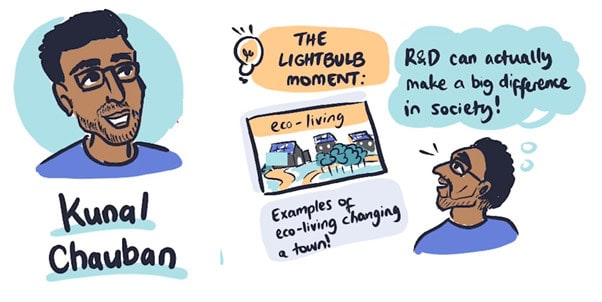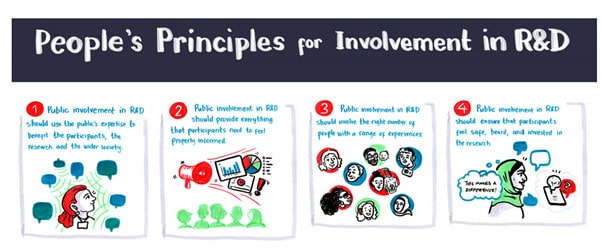Meet Kathryn Cooper: a retired nurse, Kathryn was one of 33 members of the public who were recruited to take part in a public dialogue commissioned by CaSE (the Campaign for Science and Engineering). The dialogue was part of CaSE’s Discovery Decade programme which has been working to better understand public attitudes to R&D. The project has involved lots of detailed polling and research and has produced fascinating insights which you can explore here on the CaSE site.
The polling identified a conundrum. Despite all the efforts that the sector has made to share the benefits of R&D with the public, the level of political support that CaSE discovered was only lukewarm: people valued R&D, and could see it was important, but when push came to shove people were not prepared to stand up for it as a priority for investment.









